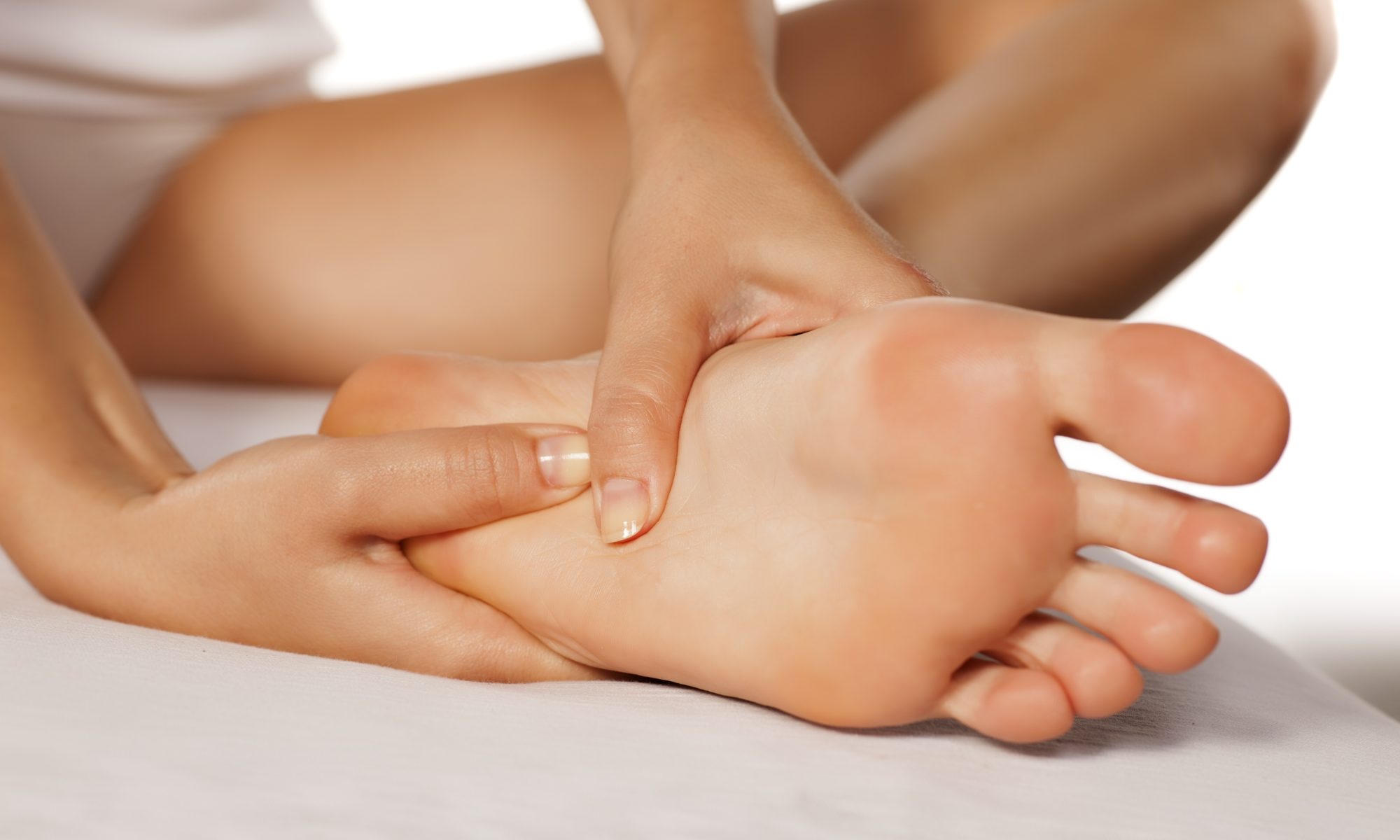
Your peripheral nervous system connects the nerves from the brain and spinal cord (central nervous system) to the rest of the body, including the arms, hands, feet, legs, internal organs, mouth and face. The job of these nerves is to deliver signals about physical sensations back to your brain.
Peripheral neuropathy is a disorder that occurs when these nerves malfunction because they are damaged or destroyed. This disrupts the nerves’ normal functioning. They might send signals of pain when there is nothing causing pain, or they might not send a pain signal even if something is harming you. This can be caused by injury, systemic illness, infection, or may be associated with an inherited disorder.
Peripheral neuropathy can also be categorized by the size of the nerve fibers involved, large or small. Peripheral neuropathy can involve different nerve types, including:
People whose work requires repeated motions with the wrist (such as assembly-line workers, physical laborers, and those who use computer keyboards for prolonged periods) are at greater risk of developing a mononeuropathy called Carpal tunnel syndrome. It occurs when the nerve that travels through the wrist is compressed.
Every other female in India is deficient of folic acid and Vitamin B-12 which are essential for the healthy neurons and entire nervous system. Deficiency of these essential nutrients makes Indian females more prone to peripheral neuropathy even in early age. Similarly, peripheral neuropathy is also very common in pregnant females due to not maintaining their levels of calcium, folic acid, Vitamin B-12 and other essential nutrients.
Peripheral neuropathy may be either inherited or acquired through disease processes or trauma. In some cases, no cause can be identified and this is termed idiopathic peripheral neuropathy… Know More
Peripheral Neuropathy symptoms usually start with numbness, prickling or tingling in the toes or fingers. It may spread up to the feet or hands and cause burning, freezing, throbbing and/or shooting pain that is often worse at night… Know More
You can prevent Peripheral neuropathy by making following healthy lifestyle choices: Know More
